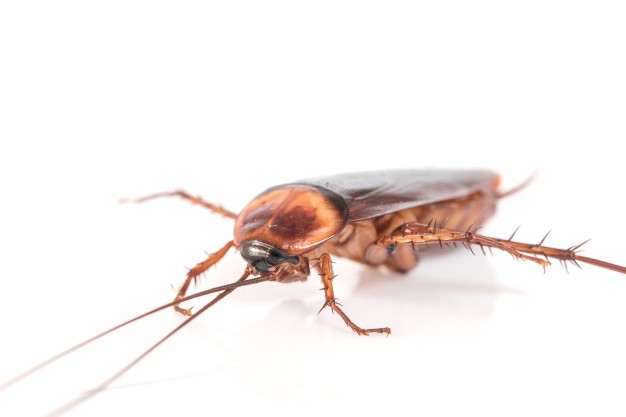One pest alone, the termite, causes an estimated $5 billion in damage to homes and properties each year.
Is the damage to your property going to be among that statistic? I hope not!
The best thing you can do for your property and your peace of mind is to determine when renting who is responsible for pest control.
Let’s take a deeper look at who bears the responsibility for pest control in rental property.
What is Pest Control?
While seemingly self-explanatory, we need to answer the question, “what is pest control?” Because it’s more than just bug spray and rat traps.
Pest control is the management of an animal or insect that negatively impacts human activities.
The response to the pest is determined by the damage done. It will range from tolerance to deterrence, population control, or total eradication of the pest.
In homes and urban areas, pests are rodents, birds, and insects that share the living space with people and feed on and spoil human possessions.
Pest control involves trying to keep them out, repelling them from the property, physical removal, or poisoning.
Alternatively, other biological pest control methods, including sterilization programs, can be utilized.
When Renting Who is Responsible for Pest Control?
Pest control in rental properties can be a contentious issue because it’s often difficult to determine when renting who is responsible for pest control.
Both the property owner and the tenant have rights and responsibilities.
Responsibility of the Tenant
The owner of the property is not the only person responsible for taking care of pest infestations.
The tenant is responsible for ensuring that their behavior and actions do not encourage pests to enter the property and become a nuisance.
Keeping your rented home clean and hygienic is the first step to ensuring you don’t end up with pests.
If you have guests, you need to ensure they’re not bringing in pests like fleas or roaches in their luggage or vehicles.
Responsibility of the Landlord
The property owner’s responsibility is to ensure the property is habitable according to the relevant state laws.
When a tenant reports a pest issue to the property owner, it is the landlord’s responsibility to follow up promptly and carry out the necessary pest control measures.
Most states require a professional pest control service to take care of the problem.
For best results, you need to hire a pro, as many do-it-yourself solutions are insufficient and may be against the law.
Pest Control Tips
This little pest control guide will give you the pest control tips you need to ensure your property stays pest-free.
As a property owner, it’s your responsibility to take care of the pest control process, except where a professional pest control company has implicitly discovered that the tenant is at fault for the infestation.
Trying to blame each other is an exercise in futility.
The property owner should take care of the problem ASAP and determine monetary responsibility after the problem is solved.
Seasonal pest control is one of the best ways to ensure your property stays pest-free.
Another excellent method is to educate your tenants about their rights and responsibilities regarding maintaining a pest-free home.
Don’t Let it Bug You
Trying to determine when renting who is responsible for pest control can be a nightmare, but it doesn’t have to be!
Take control of your property management by proactively engaging with your tenant about their responsibilities concerning pests and, of course, taking action as soon as you find out there are pests on your property.
Don’t let termites eat away at the value of your investment while you fight over who’s to blame.
The power of pest control is in your hands, so don’t let it slip away.
